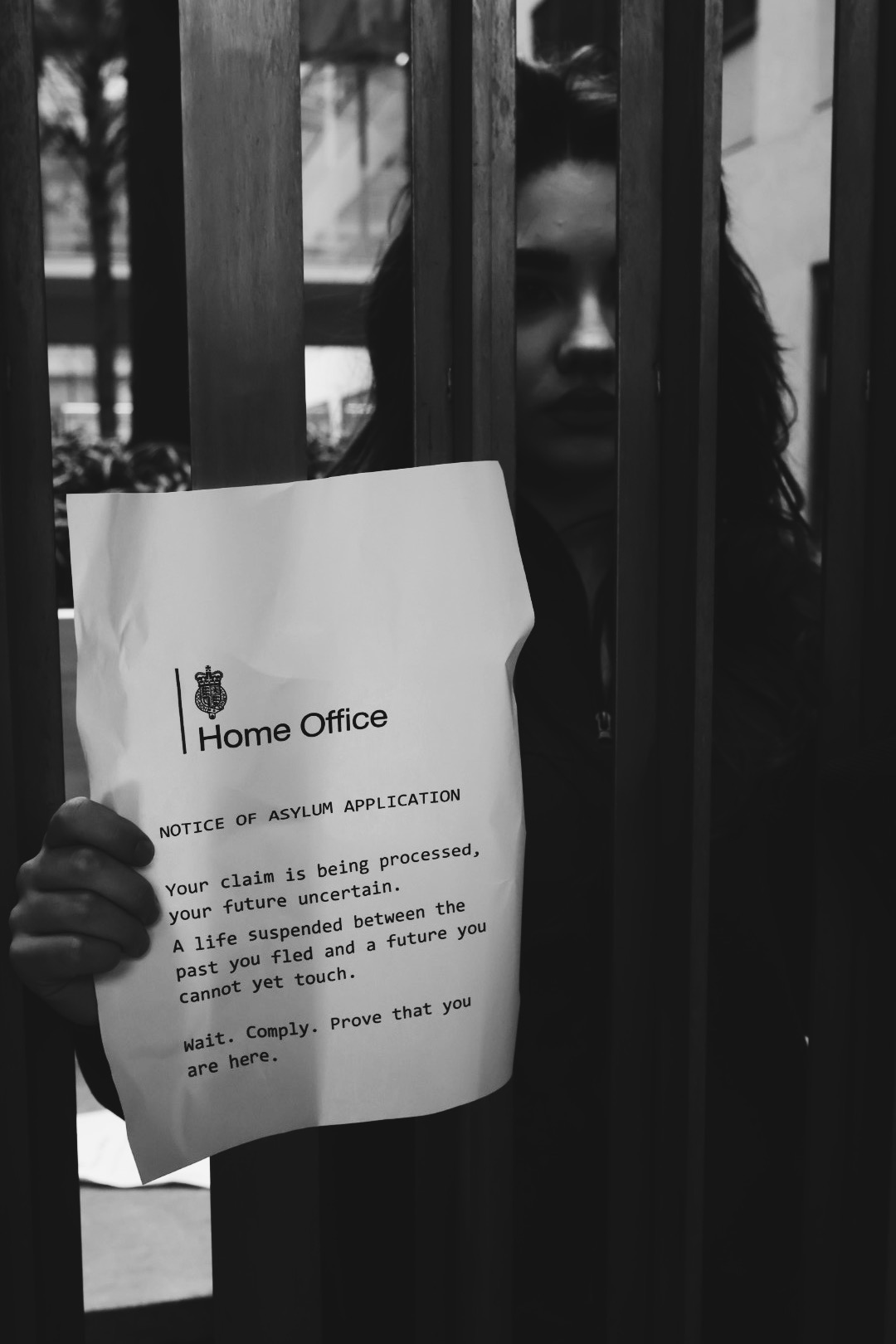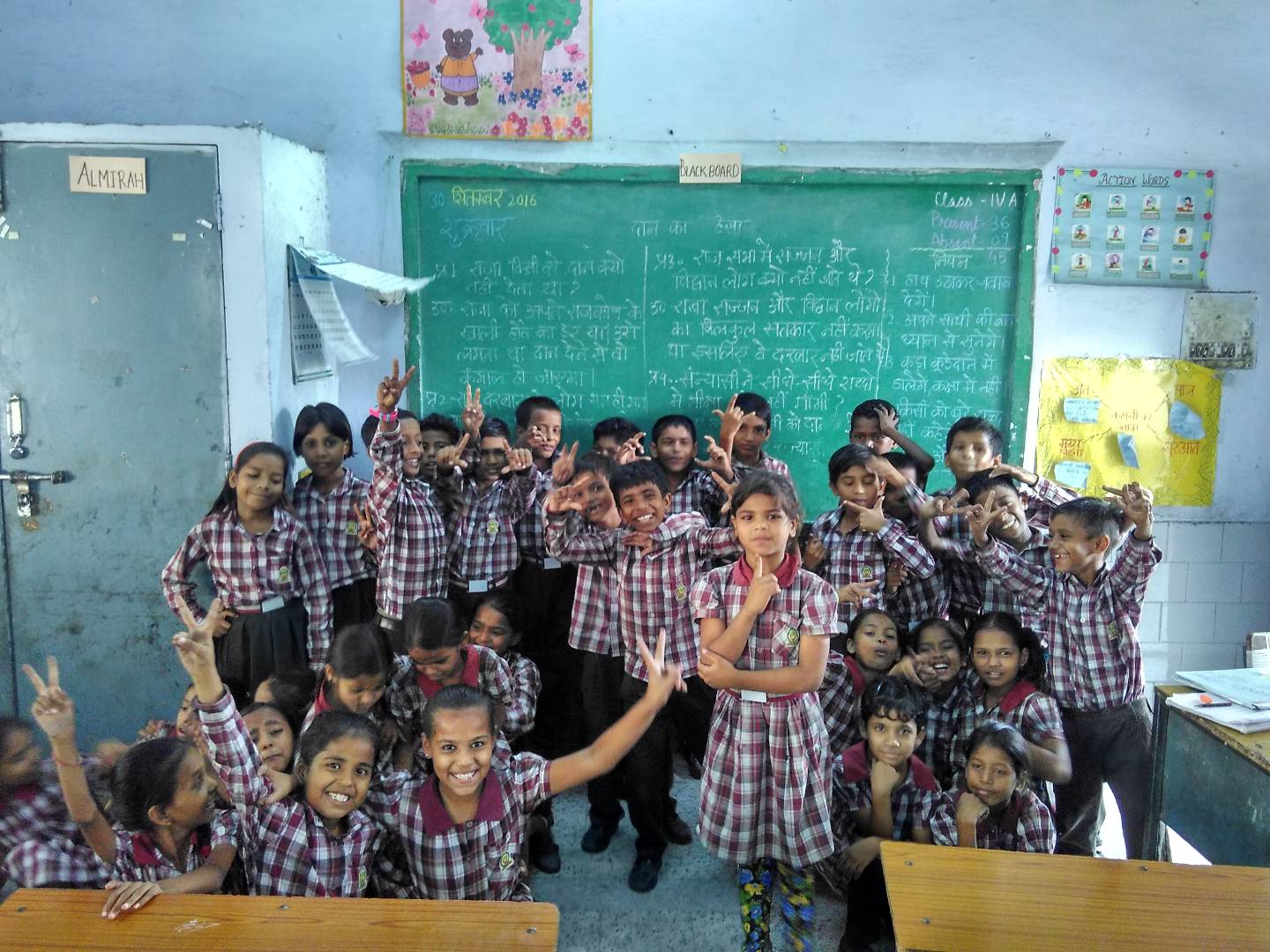Date: 10/03/2025
Author: Alexia Malaj, University of Southampton
 Bio:
Bio:
Alexia is a first-year PhD student in Politics and International Relations at the University of Southampton. Her research focuses on how the UK asylum system is impacting the mental health of Albanian asylum seekers. Since 2022 Alexia has been working closely with young Albanian asylum seekers at Shpresa Programme, a London-based charity that gives support to Albanian refugees and asylum seekers. Prior to starting her PhD, she earned a BA in Economic Development, International Cooperation, and Conflict Management at the University of Florence (Italy), as well as an MA in Human Rights and Multi-Level Governance at the University of Padua (Italy).
On January 14, 2025, the University of Chichester held the First-Year Cohort Training in Bognor Regis Campus. As first-year PhD students, we had the opportunity to meet and connect with peers funded by SCDTP. As new members of the academic community, this training provided a space for us to learn about each other’s research, share experiences, and offer mutual support.
The Importance of the Cohort Experience
Starting a PhD can be a challenging experience, especially at the beginning. It’s normal to feel a range of emotions during this time—excitement, uncertainty, confusion, and sometimes, isolation. If you’re an international student like me, there are even more challenges—settling into a new country, being away from family and friends, dealing with visas and paperwork… in short, starting a life from scratch, which only adds to the emotional weight.
At the same time, you need to stay focused on your research. You have to manage your time well, avoid procrastination, figure out the best direction for your research journey, choose the right training, and organise meetings with your supervisors. On top of that, impostor syndrome can make you doubt yourself and your abilities on whether you truly belong or whether your work is good enough.
This is where the value of a cohort experience becomes evident. The chance to meet and connect with other first-year PhD students, all facing similar challenges, can provide immense support. During the training, we were able to share our struggles, exchange advice, and offer encouragement to each other. It was a reminder that we are not alone in this journey—that as first-year PhD students, we are all facing similar obstacles, and together, we can help each other overcome them.
Visualising Our Research Journey

Our PhD journey is like a river, constantly flowing and changing. It is never linear; it can present unexpected twists and turns. In the beginning, the river may seem calm, with clear waters guiding us toward our research goals. But as we progress, the river may become turbulent, with rapids representing the challenges we face. We may encounter moments of doubt, frustration, or confusion—when the waters are murky or difficult to navigate. These turbulent moments are part of the process, and though they may feel overwhelming, they are often the moments where we grow the most.
Drawing our PhD River was one of the exercises we did during the training. Each of us was asked to draw our river, marking the turbulent, smooth, and transformative moments we had experienced so far. So, we let our creativity guide us and once we had completed our drawings, we shared them with our peers and explained the meaning behind each part of the river. Through this exercise, we were able to get to know each other better, our struggles but also our capabilities. It was a nice moment of reflection and connection, allowing us to express our thoughts and emotions while also finding common experiences with others.
Our PhD through Photography

The PhD River was not the only moment in which we let our creativity shine, indeed, for this session, we were asked to bring a photo that represented our PhD topic or experience. The idea behind this exercise was to represent our academic journey in a visual form, capturing the essence of what we were experiencing. During the training, we had to describe and explain the photos we took to everyone. This gave us the opportunity to share our research topic, answer questions, and also create connections with people with similar research interests.
Navigating the Challenges of a PhD
The PhD journey can often feel isolating. We spend long hours reading, writing, and conducting research. This can be lonely, and the pressure to succeed can weigh heavily. For this reason, it’s so reassuring to hear that others are facing the same struggles. During the training, we discussed a variety of topics related to the challenges of undertaking a PhD, and one of the most crucial areas of discussion was our relationship with our supervisors.
The supervisor-student relationship is one of the most important aspects of a PhD. Supervisors are not just academic mentors; they are guides who provide essential feedback, advice, and support throughout the research process. They help shape our research ideas, critique our work, and provide direction when we feel lost. At the same time, a supervisor’s role is not just to advise, but to challenge us, pushing us to think critically, develop new skills, and grow as researchers.
However, even in this relationship, challenges can arise. It’s important to communicate openly with your supervisor about your needs, expectations, and any difficulties you might be experiencing. But sometimes it is also useful to talk about our relationship with supervisors with our colleagues. During our training, we shared our experiences of supervision—both the positive aspects and the challenges we have faced so far.
Building a Supportive PhD Community
If before this cohort event I was confused and full of doubts, I can now say that I came out inspired, more motivated and with new friends! Spending time with my peers, getting to know them, and sharing our experiences was incredibly reassuring. It reminded me that, while the PhD is a challenging and often solitary endeavour, it is also a deeply rewarding experience. One of the most valuable lessons from this training was the importance of building a supportive PhD community. Surrounding yourself with other PhD students who understand your struggles, exchange ideas, and offer encouragement can make all the difference. It provides a sense of belonging, makes us feel validated and reminds us that we don’t have to navigate this journey alone.